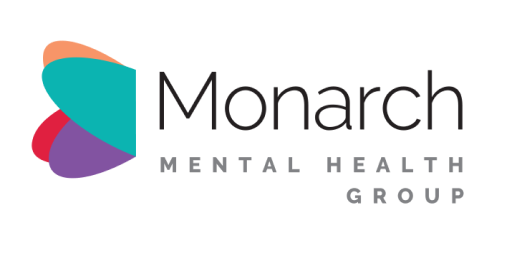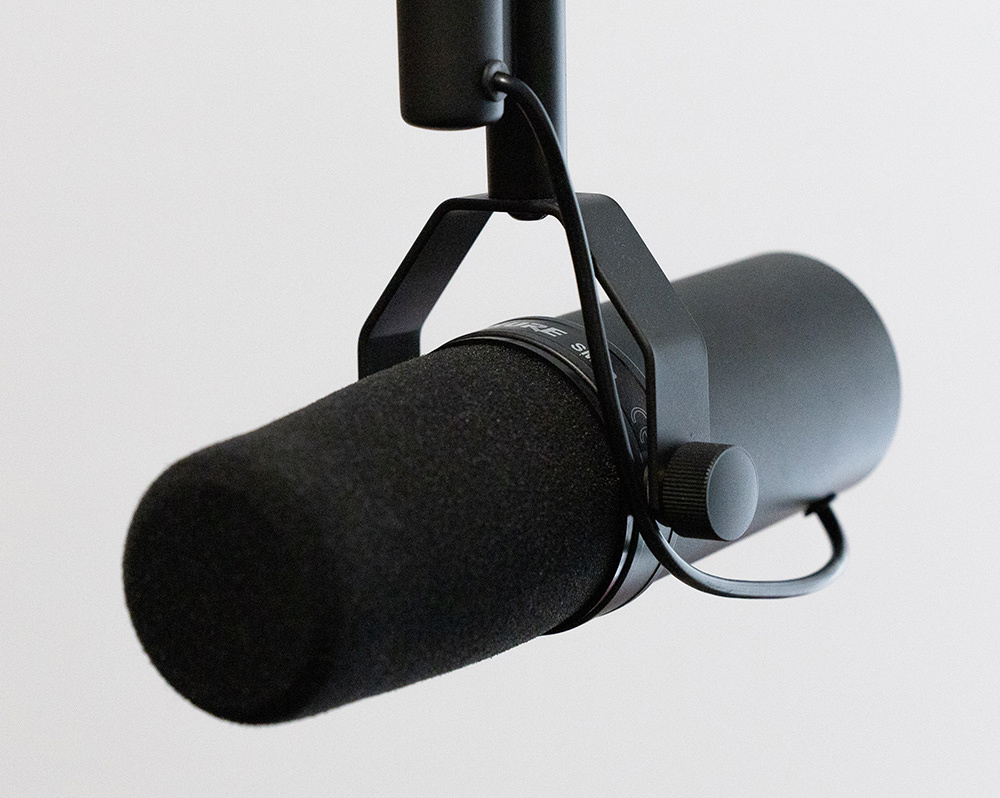Posted Posted on March 31, 2021 by TMS Clinics Australia
This series has been developed to answer questions from people considering or undergoing TMS therapy. Questions were solicited from members of the TMS Support Australia Facebook Group, as well as followers of the TMS Clinics Australia Facebook and LinkedIn pages.
The information in this podcast is not intended as medical advice. If you have questions about treatment options, please speak with your healthcare provider.
Panelists
 Ms Balinda Taylor, TMS Support Australia
Ms Balinda Taylor, TMS Support Australia
Ms Balinda Taylor is the founder of the TMS Support Australia Facebook group. Balinda has previously undergone TMS treatment. Following her experiences, and in response to the lack of community forums focused on TMS, she founded the TMS Support Facebook group to provide support and understanding for people undergoing TMS therapy.
 Professor Paul Fitzgerald, Medical Director, TMS Clinics Australia
Professor Paul Fitzgerald, Medical Director, TMS Clinics Australia
Professor Paul Fitzgerald is Co-founder and Medical Director of TMS Clinics Australia, Professor of Psychiatry at Epworth Healthcare/The Epworth Clinic, and Director of the Epworth Centre for Innovation in Mental Health. Paul is a world-leading expert in TMS. He has conducted TMS research for over 20 years and established the first and longest running clinical TMS program in Australia. He is currently a committee member for the Electroconvulsive Therapy and Neurostimulation Special Interest Group with The Royal Australian and New Zealand College of Psychiatrists and serves on the board of directors for Neurosciences Victoria.
 Dr Ted Cassidy, Chief Medical Officer, TMS Clinics Australia
Dr Ted Cassidy, Chief Medical Officer, TMS Clinics Australia
Dr Ted Cassidy is Co-founder and Chief Medical Officer of TMS Clinics Australia. Ted previously founded The Hills Clinic group and hospital, the first purpose-built private mental health hospital in Australia and served as the Medical Director from 2004 to 2017. Dr Cassidy has been TMS credentialed through the Monash Alfred Psychiatry Research Centre TMS training program. He has a special interest in innovative, drug-free treatments for people who do not recover with medication alone; and since 2014, has worked extensively to establish outpatient clinics to expand access to convenient and effective TMS treatment throughout Australia.
Available on
Podcast Episodes
Episode 5: Transcranial direct current stimulation (tDCS)
Episode 3: Retreatment and maintenance therapy
Episode 2: Response to TMS therapy
Episode 1: What does TMS treat?
Episode 6: OCD dTMS PROTOCOL
Deep transcranial magnetic stimulation is a type of TMS that uses a specially designed coil to achieve deeper and broader penetration of electromagnetic stimulation into the brain. In people with obsessive compulsive disorder, stimulation of the medial prefrontal cortex has been found to improve symptoms.
Episode 5: Transcranial direct current stimulation (tDCS)
tDCS is a new treatment now available through TMS Clinics Australia. It can help some patients access treatment in the comfort of their own home - but it isn't the same as TMS, and may not be suitable for everyone. In this episode the panellists discuss tDCS.
Episode 4: Funding
Questions about funding, and the MBS status* of TMS therapy are common. In this episode, the panellists discuss funding options and the path to MBS listing.
*This episode was produced in December 2020. The information surrounding paths to MBS listing and funding options available until an MBS number is available are still relevant - however, there has been a recent announcement declaring that the Federal Government has approved funding of transcranial magnetic stimulation for treatment-resistant depression. To learn more, visit our blog.
Episode 3: Retreatment and maintenance therapy
What is the difference between retreatment and maintenance therapy? In this episode, the panellsists discuss the role of TMS therapy after acute phase treatment and the role of maintenance therapy.
Episode 2: Response to TMS therapy
Does everyone respond to TMS therapy? How long does it take to know it's working? How long does a response last? In this episode, the panellists discuss response to TMS therapy.
Episode 1: What does TMS Treat?
In this episode, the panellists discuss conditions people commonly seek TMS treatment for, as well as other conditions that TMS is used to treat and the current evidence supporting its use.
.png)
About The Author
Dr Ted Cassidy
Dr. Ted Cassidy is a psychiatrist and co-founder of Monarch Mental Health Group in Australia, which provides innovative treatments for depression, PTSD, and anxiety. Monarch Mental Health is recognized as Australia's first outpatient clinic offering assisted therapy and is the largest provider of outpatient magnetic stimulation therapy.





